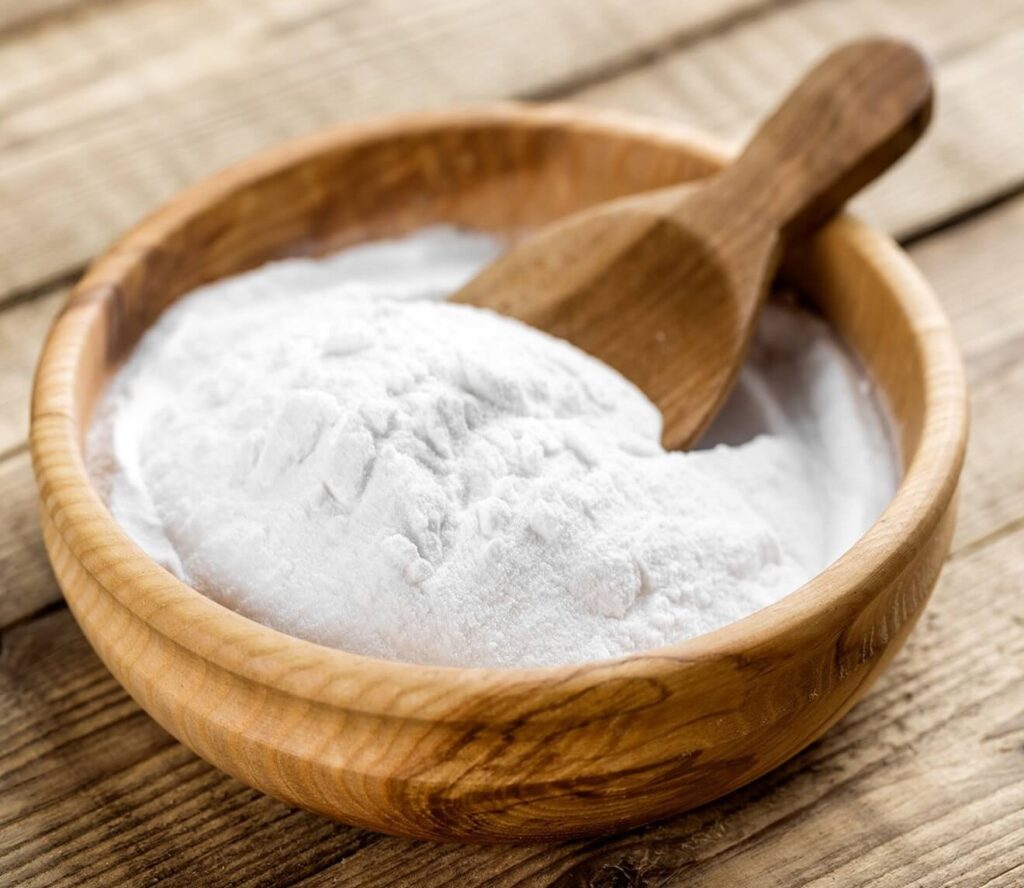Xanthan gum is a common food additive that serves various purposes in processed foods, including thickening, stabilizing, and emulsifying.
But for those following a vegan lifestyle, the question may arise: Is xanthan gum vegan? Let’s delve into the composition, production methods, and classification of xanthan gum within a vegan diet, along with alternative options for those seeking plant-based alternatives.
Xanthan gum is a polysaccharide, meaning it’s a complex carbohydrate made up of multiple sugar molecules. It’s produced through a fermentation process using bacteria called Xanthomonas campestris, which is commonly found on vegetables like cabbage, cauliflower, and broccoli.
During fermentation, the bacteria produce xanthan gum as a byproduct, which is then harvested and processed into a fine powder.
From a technical standpoint, xanthan gum is considered vegan because it’s derived from bacterial fermentation rather than animal sources. It’s a plant-based ingredient that does not involve the use of animal products in its production process.
As such, xanthan gum is generally accepted as vegan-friendly within the vegan community.
However, there are some considerations to keep in mind:
- Manufacturing Practices: While xanthan gum itself is vegan, it’s essential to consider the manufacturing practices of the specific brand or supplier. Some manufacturers may use animal-derived substances in the production process or during the purification of xanthan gum. To ensure the product is vegan-friendly, look for brands that explicitly label their xanthan gum as vegan or inquire about their production methods.
- Cross-Contamination: Like many food additives, xanthan gum may be processed in facilities that also handle animal-derived ingredients. While this doesn’t inherently make xanthan gum non-vegan, individuals with strict vegan preferences may prefer to choose products that are certified as vegan to avoid potential cross-contamination issues.
- Health Considerations: While xanthan gum is generally safe for consumption, some individuals may experience digestive issues or sensitivities to this additive. It’s always a good idea to consume xanthan gum in moderation and monitor how your body reacts to it.
In conclusion, xanthan gum is considered vegan-friendly due to its plant-based origin and production process.
However, individuals with strict vegan preferences may want to opt for brands that explicitly label their xanthan gum as vegan to ensure it aligns with their ethical values.
As always, it’s essential to consider the sourcing, production methods, and potential cross-contamination issues when making decisions about vegan-friendly food additives.

For those seeking alternative thickeners or stabilizers, there are several vegan-friendly options available:
- Guar Gum: Guar gum is a natural thickening agent derived from guar beans. It’s commonly used in food products as a vegan alternative to xanthan gum and offers similar properties for thickening and stabilizing.
- Agar Agar: Agar agar is a gelatinous substance derived from seaweed. It’s often used as a vegan alternative to gelatin and can be used as a thickener in various recipes, including desserts, sauces, and jellies.
- Arrowroot Powder: Arrowroot powder is a starchy substance extracted from the roots of the arrowroot plant. It’s gluten-free and serves as a vegan-friendly thickener for soups, sauces, and gravies.
- Cornstarch: Cornstarch is a pantry staple that’s commonly used as a thickening agent in cooking and baking. It’s made from the starch of corn kernels and is suitable for vegan diets.
By exploring these vegan-friendly alternatives to xanthan gum, individuals can continue to enjoy their favorite recipes while adhering to their ethical values and dietary preferences.








